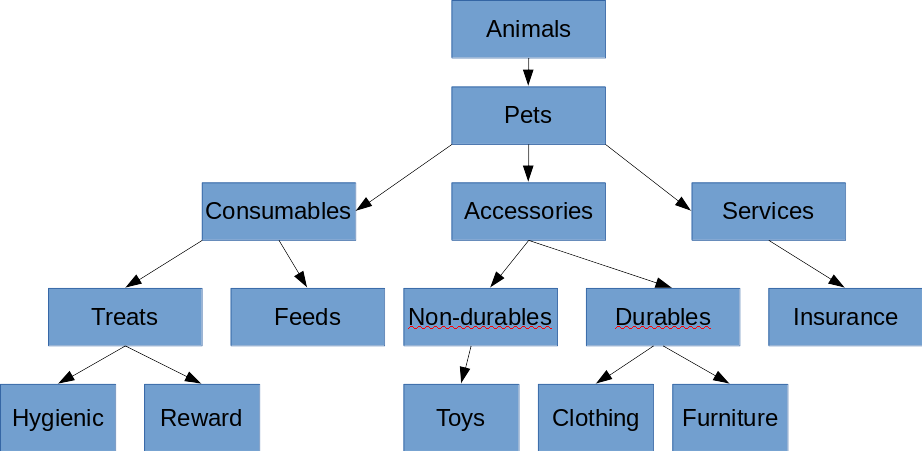Your Consultancy's Potential as a Data Broker
Modern consulting companies are expected to deliver more than just expertise. They are expected to curate and maintain relevant data about the industries they serve.
The smartest ones are turning that knowledge into custom data-as-a-service solutions. They know they can multiply their impact and influence by having a DaaS serve answers to their client's business questions.
Ditching the Knowledge Base
The term knowledge base is thrown around a lot in the consulting world, mostly to describe the knowledge, business assets, and expertise gained by an organization over the course of serving many clients. It is presumed that is knowledge is stored in some sort of base and shared across the organization to improve its overall productivity.
The problem with these knowledge bases, though, is that the information is most often stored in an unstructured, unorganized, massive file repository like Dropbox or Microsoft Teams.
Say employee #2 works at a consultancy that specializes in pets. The idea is that, when employee #2 is working on a project about cats, she will search through the knowledge based to find employee #1's research from the company's last project about cats, and use that as a starting point.
It's a lofty idea that, in my experience, rarely realizes much benefit. The information in the knowledge base is inherently too unstructured and disorganized to yield a significant benefit. Employee #2 is probably better off skimming her colleagues research about cats, then moving on independently. In the end, her project is probably about cat food, whereas her colleague's project was about cat toys.
Adopting the Knowledge Database
This paradigm changes if we start to think about structuring the knowledge base.
Say that this pet-based consultancy invested in a data-as-a-service platform to organize its collection of knowledge about pets. Then, the company dedicated two hours per staffer per week over the next month to fill out the information in that database with curated knowledge.
A base is just a collection of information, a database has a pre-defined structure, and is typically hierarchical. So, their hierarchy of knowledge might look like the following ...

It might get even more complex from there. I think myself and my readers could agree that an expertly curated knowledge graph of information about all of these animal products would make for a very capable pet consultancy.
Monetizing the Knowledge Database
With the knowledge base filled out and accessible within the company, each and every staffer could effectively act as a consultant and expert in any of the fields contained within it. You've effectively gotten rid of the following problems ...
- The key man problem.
- Information siloing.
- Duplicated work.
And now, your pet-based consulting company can command a higher rate for its more efficient services, thereby expanding its ability to help pet owners across the world own happy furry friends.
Now that your knowledge base is structured and your clients trust its content, you can easily make your expertise available to your high-tier clients through an API endpoint. Hopefully, through an appropriately priced API endpoint, your pet consultants can spend more time researching pet products and your clients can get quicker access to it.
Shifting Market Expectations
Smart consulting companies are already doing this. As a result, prospect's expectations of your preparedness are increasing. If your consulting company can build a deliberate and structured database that organizes your expertise, you can appear more qualified and win more business.